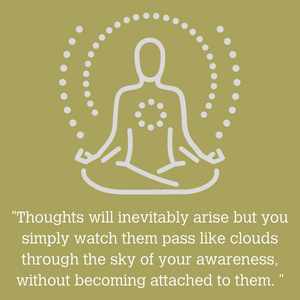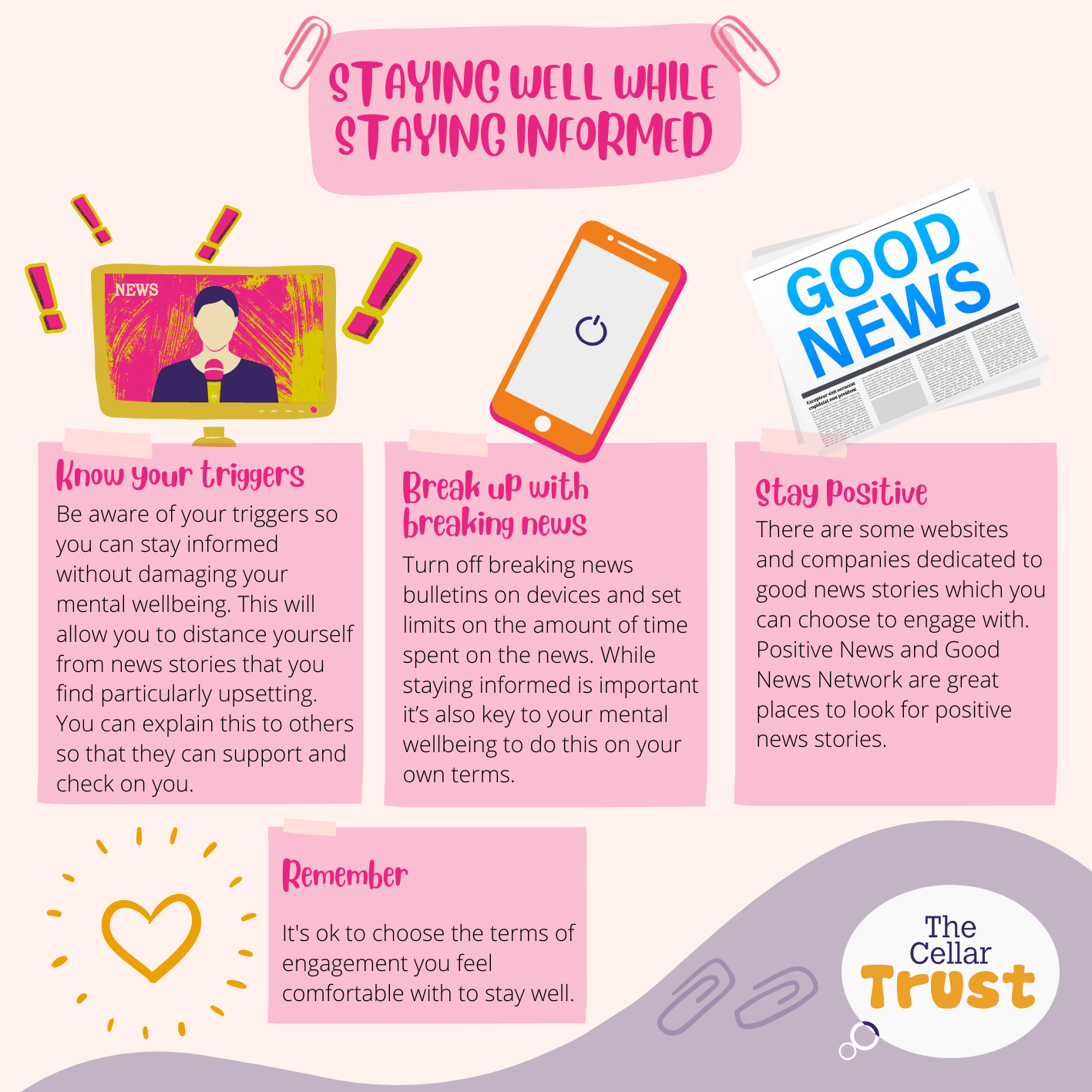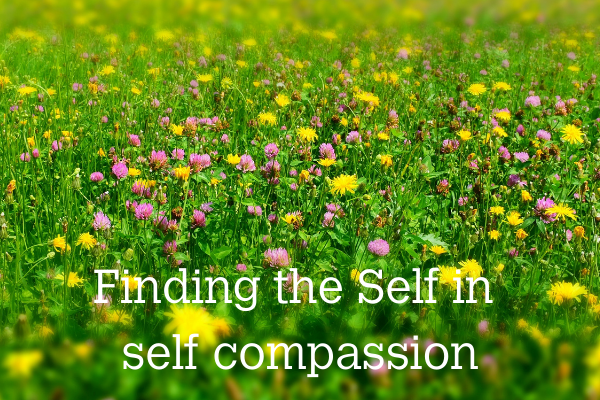Developing a meditation practice
by Kenwyn, the Cellar Trust
It’s unusual to open a lifestyle magazine these days without finding a feature on mindfulness or meditation. The practices range from simple breathing techniques, lasting a few minutes, to punishing silent retreats that extend for days or even weeks, and play havoc with your knees! Although I’m told the benefits are well worth the sacrifice.
For me, the key to effective meditation practice is consistency, plus quality is always preferable to quantity. Working in crisis support at Haven, I often suggest clients start and end their days with a simple meditation. We spend so much time and money ensuring we look good on the outside, but it’s the inside that truly matters, and most can find a few minutes of mindfulness in our morning and evening rituals.
What it meditation?
Meditation has long been practiced in the lay community and by all the world’s major religions, but most commonly associated with Buddhism, which originated in India over 2,000 years ago. There are countless methods, some extremely challenging, but the most involve concentration on our breathing. You can simply pay attention to the gentle flow of air through your nostrils or watch the slow rise and fall of your abdomen.
Many beginners choose to download meditation apps, such as Headspace or Insight Timer, which offer guided sessions of varying duration. They can also be filtered according to subject, such as insomnia, anxiety or depression. Personally, I like to cut out the middle man, but everyone is different and it’s great to experiment with different approaches.
Some simple tips
I’ve practised meditation for decades, yet the problem of mind-wandering never goes away! Even 80-year-old monks and nuns, who’ve practised since childhood, report finding themselves wondering what’s for tea or what that noise outside is. The typical reaction to this tends to be one of annoyance, whereby we end up chastising ourselves for losing concentration. This is clearly counter-productive, so I’d like to recommend a different approach.

Imagine your concentration embodied in a tiny, fluffy kitten perched on your lap. If the kitten wandered off, you wouldn’t get angry and roughly drag it back, but gently coax it to return and settle down. Apply the same approach to your breathing. As soon as you notice your attention wandering to your shopping-list or what you’re doing this evening, calmly bring it back to your breath. Thoughts will inevitably arise but you simply watch them pass like clouds through the sky of your awareness, without becoming attached to them.
Comfort is important and, unless you’re a bendy yoga adept, it’s not necessary to twist yourself into a complicated pretzel! Just find a comfortable chair and try to keep your back straight and your head in line with your spine. Rest your hands wherever they feel comfortable. You can choose to close your eyes or keep them relaxed but open.
The science behind meditation
Research conducted by neuroscientists has shown in MRI scans that regular mindfulness practice can dampen activity in regions of the brain (including the amygdala and prefrontal cortex) that govern our reaction to various stressors. Other studies, using EEG machines, have revealed that theta brainwaves (linked to relaxation and deeper spiritual experiences) are more abundant during certain meditative states. Alpha waves, associated with wakeful relaxation, have also been seen to spike.
There is plenty of evidence, both scientific and anecdotal, that a regular mindfulness regime can lead to improved cognition, memory and mood. They may also have beneficial effects on blood-pressure, heart-rate and general physical health.
Science aside, I’ve personally found meditation to bring plenty of benefits. Try not to see it as a chore but something you can quickly come to enjoy and actually look forward to!
FURTHER READING
There are countless volumes written on meditation but I’ve personally found those below to be useful in developing my own practice.
The Mind Illuminated – by Culadasa (John Yates PhD)
Taking the Leap – by Pema Chodron
Meditation for Beginners – by Jack Kornfield
The Power of Now – Eckhart Tolle





